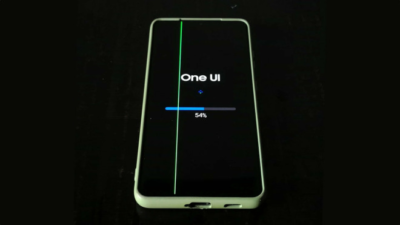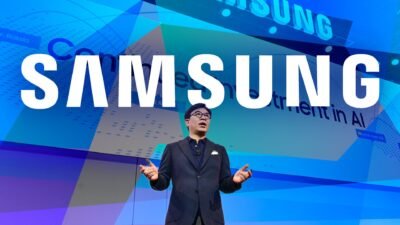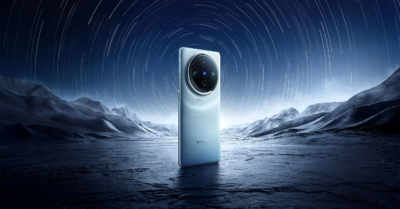AI-generated images can’t be copyrighted, according to the US Copyright Office

DALL-E and Stable Diffusion are deep learning models. Stable Diffusion was introduced back in 2022. Where DALL-E has been introduced by OpenAI. Both are used to generate digital images from natural language descriptions. Since their release, there is an ongoing debate regarding the copyright protection of AI-generated images. In this perspective, the US Copyright Office (USCO) has come forward with new guidelines that offer clarity regarding the copyrightability of such images.
As per USCO, AI-generated images don’t fall in the category of copyright protection. The reason is the implementation of instructions by AI. In other words, rather than a human user, technology implements the traditional components of authorship. Well, some may disagree by saying that it includes a certain level of human creativity. The USCO contends that users do not have complete creative control over how these technologies respond to input and produce content. Only content created by humans can be protected by copyright.
The evaluation by UNCO
Whether an AI-generated image is based on human creativity can be depicted based on two points. Either it is a result of mechanical reproduction or the mental concept of the author. In this way, content that misses human authorship will not be qualified for copyright protection.
Thus, works that lack human authorship will not be eligible for copyright protection. The UNCO did, however, acknowledge that, based on the circumstances surrounding the artist’s use of the AI in the final work, they may take into account providing copyright protection to AI-generated parts.
The USCO’s decision is followed by a proposal inspired by Congress to define the law and policy guidelines for AI. Later in 2023, the USCO intends to host a discussion regarding this matter. It will also consider public comments regarding copyright issues and the use of AI.
Research Snipers is currently covering all technology news including Google, Apple, Android, Xiaomi, Huawei, Samsung News, and More. Research Snipers has decade of experience in breaking technology news, covering latest trends in tech news, and recent developments.












